Museu do Aljube Resistência e Liberdade
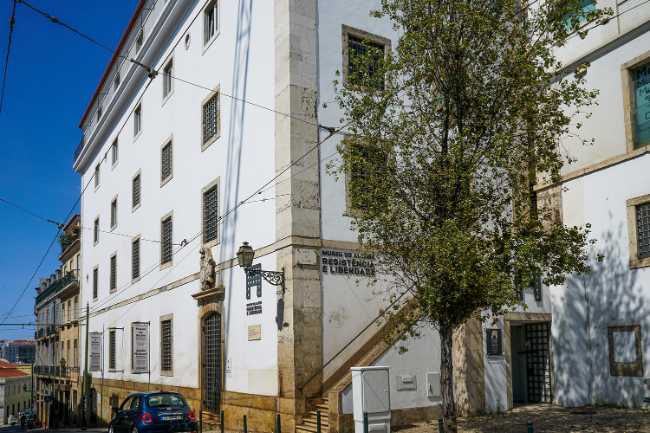
Housed in a former political prison in Lisbon’s Alfama district, the Museu do Aljube – Resistência e Liberdade is dedicated to preserving the memory of Portugal’s fight against dictatorship and its journey toward democracy. The museum’s permanent exhibition traces the oppressive regime from 1926 to 1974, highlighting censorship, political imprisonment, and the anti-colonial struggle. Visitors explore restored cells and learn about underground resistance movements, with powerful testimonies from former prisoners and activists. Temporary exhibitions and a documentation centre deepen the historical narrative, while the building itself—once a site of silence and suffering—now stands as a tribute to freedom. Opened in 2015 on the anniversary of the Carnation Revolution, the museum offers a sobering yet vital perspective on Portugal’s recent past. Its panoramic views over the city and the Tagus River provide a moment of reflection after an emotionally charged visit.
Lisbon PortugalThe Museu do Aljube – Resistência e Liberdade is located at Rua de Augusto Rosa 42, 1100-059 Lisbon, in the historic Alfama district. Housed in the former Aljube Prison, this museum is dedicated to the history and memory of the struggle against the dictatorship that ruled Portugal from 1926 to 1974, focusing on resistance and the fight for freedom and democracy. Visitors can explore the former political prison, thematic exhibitions about the regime's repression, opposition movements, anti-colonial struggles, and the Carnation Revolution of 1974. The building also offers an auditorium with panoramic views of the city and the Tagus River, a documentation center, and a library. Nearby, the museum lies just across from Lisbon Cathedral (Sé), a significant landmark in the Alfama neighborhood. This area is characterized by its picturesque medieval streets, local cafes, and rich cultural heritage. The proximity to other historic sites makes it an ideal destination for those seeking to combine a profound historical museum experience with exploration of one of Lisbon’s oldest and most atmospheric quarters. The location provides easy access to city transport and complements a cultural itinerary around Alfama’s lively, historic charm.
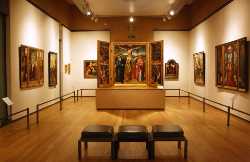 National Museum of Ancient Art
Lisbon
National Museum of Ancient Art
Lisbon
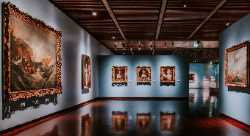 Museu Calouste Gulbenkian
Lisbon
Museu Calouste Gulbenkian
Lisbon
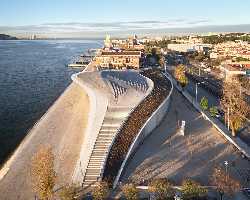 MAAT
Lisbon
MAAT
Lisbon
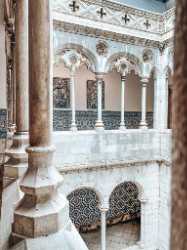 Museu Nacional do Azulejo
Lisbon
Museu Nacional do Azulejo
Lisbon
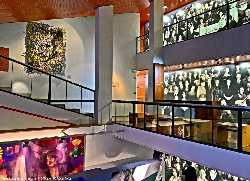 Museu do Fado
Lisbon
Museu do Fado
Lisbon
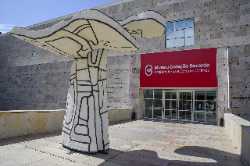 Museu Coleção Berardo
Lisbon
Museu Coleção Berardo
Lisbon
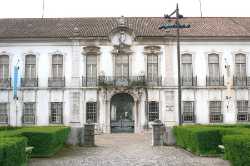 Museu de Lisboa
Lisbon
Museu de Lisboa
Lisbon
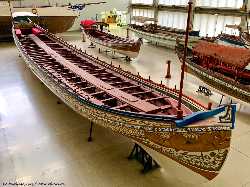 Museu da Marinha
Lisbon
Museu da Marinha
Lisbon
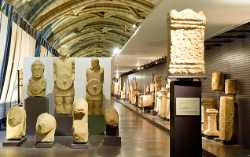 Museu Nacional de Arqueologia
Lisbon
Museu Nacional de Arqueologia
Lisbon
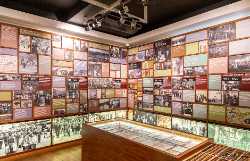 Museu do Aljube
Lisbon
Museu do Aljube
Lisbon
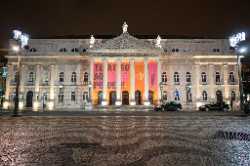 Teatro Nacional D. Maria II
Lisbon
Teatro Nacional D. Maria II
Lisbon
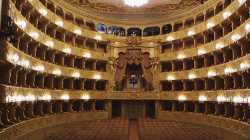 Teatro São Luiz
Lisbon
Teatro São Luiz
Lisbon
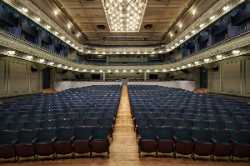 Teatro Tivoli BBVA
Lisbon
Teatro Tivoli BBVA
Lisbon
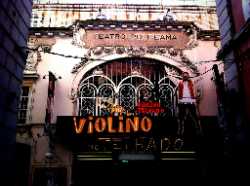 Teatro Politeama
Lisbon
Teatro Politeama
Lisbon
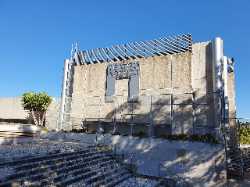 Teatro Aberto
Lisbon
Teatro Aberto
Lisbon
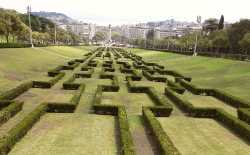 Parque Eduardo VII
Lisbon
Parque Eduardo VII
Lisbon
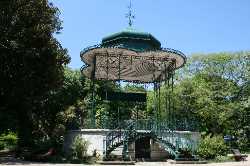 Jardim da Estrela
Lisbon
Jardim da Estrela
Lisbon
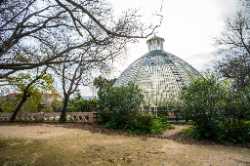 Tapada das Necessidades
Lisbon
Tapada das Necessidades
Lisbon
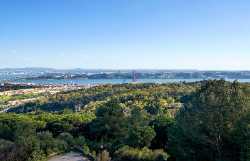 Monsanto Forest Park
Lisbon
Monsanto Forest Park
Lisbon
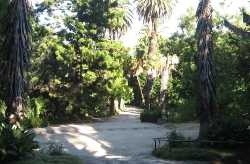 Jardim Botânico da Universidade de Lisboa
Lisbon
Jardim Botânico da Universidade de Lisboa
Lisbon
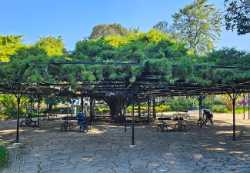 Jardim do Príncipe Real
Lisbon
Jardim do Príncipe Real
Lisbon
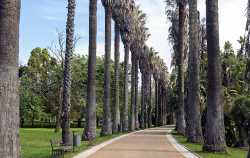 Jardim Botânico Tropical
Lisbon
Jardim Botânico Tropical
Lisbon
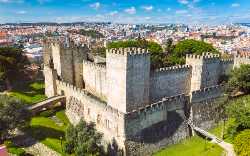 Castelo de São Jorge
Lisbon
Castelo de São Jorge
Lisbon
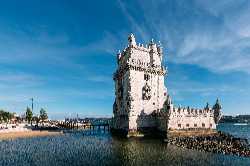 Torre de Belém
Lisbon
Torre de Belém
Lisbon
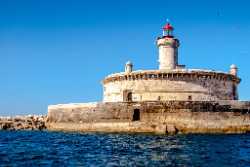 Forte de São Lourenço do Bugio
Lisbon
Forte de São Lourenço do Bugio
Lisbon
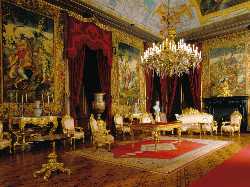 Palácio Nacional da Ajuda
Lisbon
Palácio Nacional da Ajuda
Lisbon
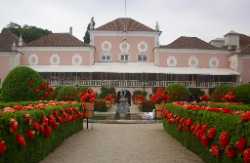 Palácio de Belém
Lisbon
Palácio de Belém
Lisbon
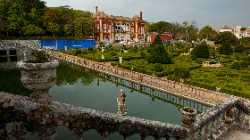 Palácio Fronteira
Lisbon
Palácio Fronteira
Lisbon
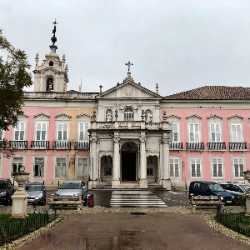 Palácio das Necessidades
Lisbon
Palácio das Necessidades
Lisbon
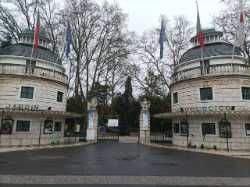 Jardim Zoológico de Lisboa
Lisbon
Jardim Zoológico de Lisboa
Lisbon
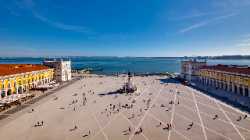 Praça do Comércio
Lisbon
Praça do Comércio
Lisbon
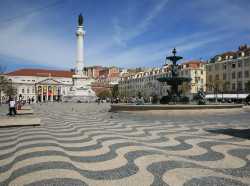 Rossio Square
Lisbon
Rossio Square
Lisbon
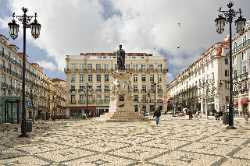 Praça Luís de Camões
Lisbon
Praça Luís de Camões
Lisbon
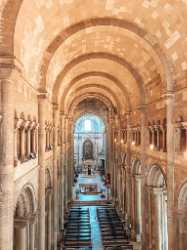 Sé de Lisboa
Lisbon
Sé de Lisboa
Lisbon
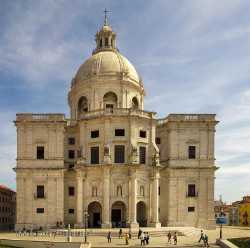 Panteão Nacional
Lisbon
Panteão Nacional
Lisbon
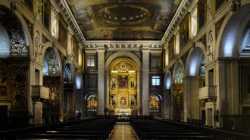 Igreja de São Roque
Lisbon
Igreja de São Roque
Lisbon
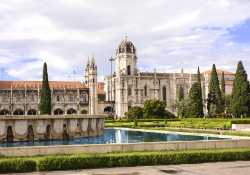 Mosteiro dos Jerónimos
Lisbon
Mosteiro dos Jerónimos
Lisbon
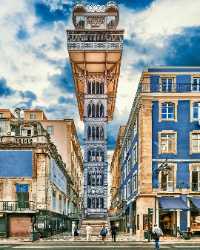 Elevador de Santa Justa
Lisbon
Elevador de Santa Justa
Lisbon
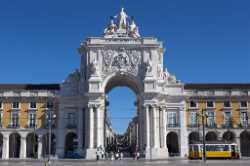 Arco da Rua Augusta
Lisbon
Arco da Rua Augusta
Lisbon
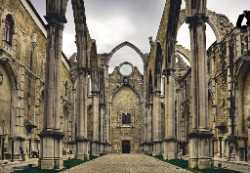 Convento do Carmo
Lisbon
Convento do Carmo
Lisbon
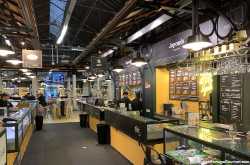 Mercado de Campo de Ourique
Lisbon
Mercado de Campo de Ourique
Lisbon
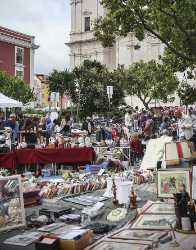 Feira da Ladra
Lisbon
Feira da Ladra
Lisbon
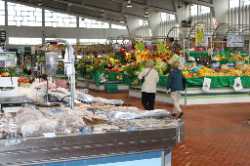 Mercado de Alvalade Norte
Lisbon
Mercado de Alvalade Norte
Lisbon
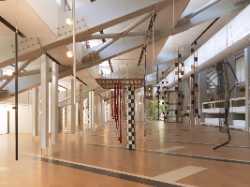 Centro de Arte Moderna Gulbenkian
Lisbon
Centro de Arte Moderna Gulbenkian
Lisbon
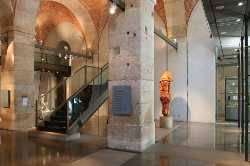 Museu Nacional de Arte Contemporânea
Lisbon
Museu Nacional de Arte Contemporânea
Lisbon
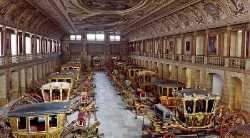 Museu Nacional dos Coches
Lisbon
Museu Nacional dos Coches
Lisbon
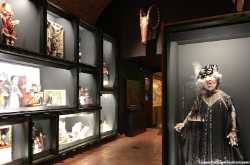 Museu da Marioneta
Lisbon
Museu da Marioneta
Lisbon
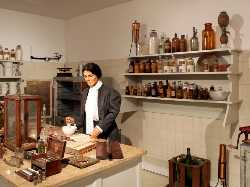 Museu da Farmácia
Lisbon
Museu da Farmácia
Lisbon
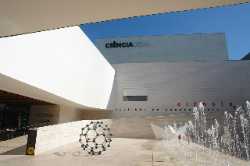 Pavilhão do Conhecimento
Lisbon
Pavilhão do Conhecimento
Lisbon
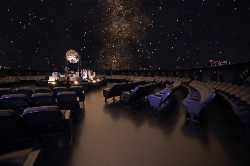 Planetário Calouste Gulbenkian
Lisbon
Planetário Calouste Gulbenkian
Lisbon
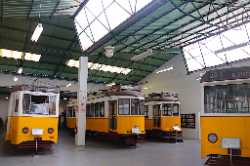 Museu da Carris
Lisbon
Museu da Carris
Lisbon
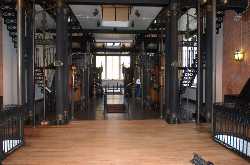 Museu da Água
Lisbon
Museu da Água
Lisbon
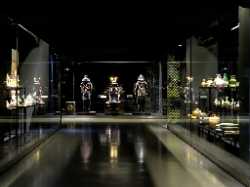 Museu do Oriente
Lisbon
Museu do Oriente
Lisbon
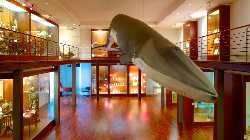 National Museum of Science & Natural History
Lisbon
National Museum of Science & Natural History
Lisbon
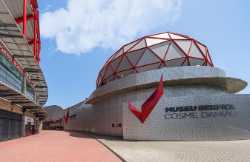 Museu Benfica
Lisbon
Museu Benfica
Lisbon
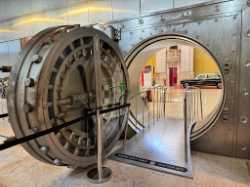 Museu do Dinheiro
Lisbon
Museu do Dinheiro
Lisbon
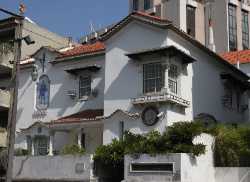 Museu Bordalo Pinheiro
Lisbon
Museu Bordalo Pinheiro
Lisbon
 Casa Fernando Pessoa
Lisbon
Casa Fernando Pessoa
Lisbon
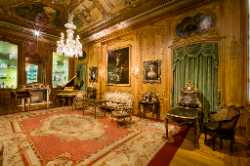 Museu Medeiros e Almeida
Lisbon
Museu Medeiros e Almeida
Lisbon
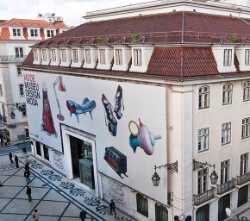 Museu do Design e da Moda
Lisbon
Museu do Design e da Moda
Lisbon
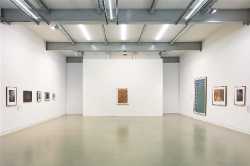 Galeria Filomena Soares
Lisbon
Galeria Filomena Soares
Lisbon
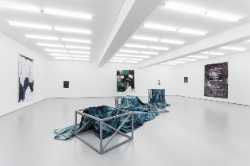 Galeria Vera Cortês
Lisbon
Galeria Vera Cortês
Lisbon
 Galeria Cristina Guerra
Lisbon
Galeria Cristina Guerra
Lisbon
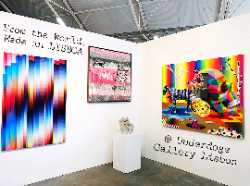 Underdogs Gallery
Lisbon
Underdogs Gallery
Lisbon
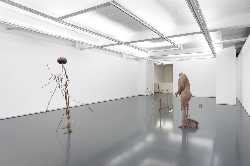 Galeria Pedro Cera
Lisbon
Galeria Pedro Cera
Lisbon
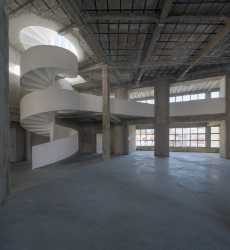 Carpintarias de São Lázaro
Lisbon
Carpintarias de São Lázaro
Lisbon
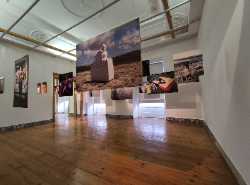 Zé dos Bois (ZDB) Gallery
Lisbon
Zé dos Bois (ZDB) Gallery
Lisbon
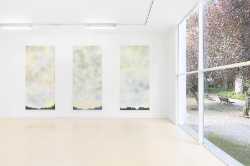 Pavilhão Branco
Lisbon
Pavilhão Branco
Lisbon
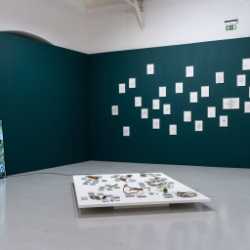 Galeria Avenida da Índia
Lisbon
Galeria Avenida da Índia
Lisbon
 Galeria das Salgadeiras
Lisbon
Galeria das Salgadeiras
Lisbon
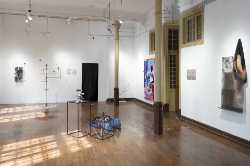 Appleton Square
Lisbon
Appleton Square
Lisbon
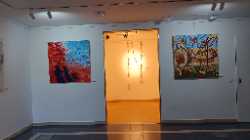 Galeria Beltrão Coelho
Lisbon
Galeria Beltrão Coelho
Lisbon
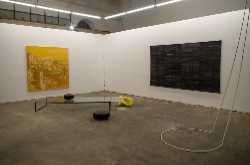 Kubikgallery Lisboa
Lisbon
Kubikgallery Lisboa
Lisbon
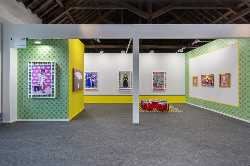 ARCOLisboa
Lisbon
ARCOLisboa
Lisbon
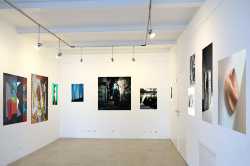 Espaço Cultural Mercês
Lisbon
Espaço Cultural Mercês
Lisbon
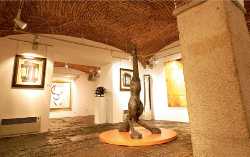 Galeria São Mamede
Lisbon
Galeria São Mamede
Lisbon
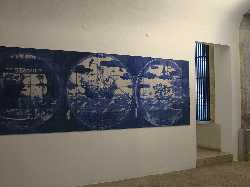 Galeria Ratton
Lisbon
Galeria Ratton
Lisbon
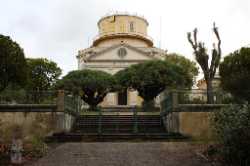 Observatório Astronómico de Lisboa
Lisbon
Observatório Astronómico de Lisboa
Lisbon
 Planetário de Marinha
Lisbon
Planetário de Marinha
Lisbon